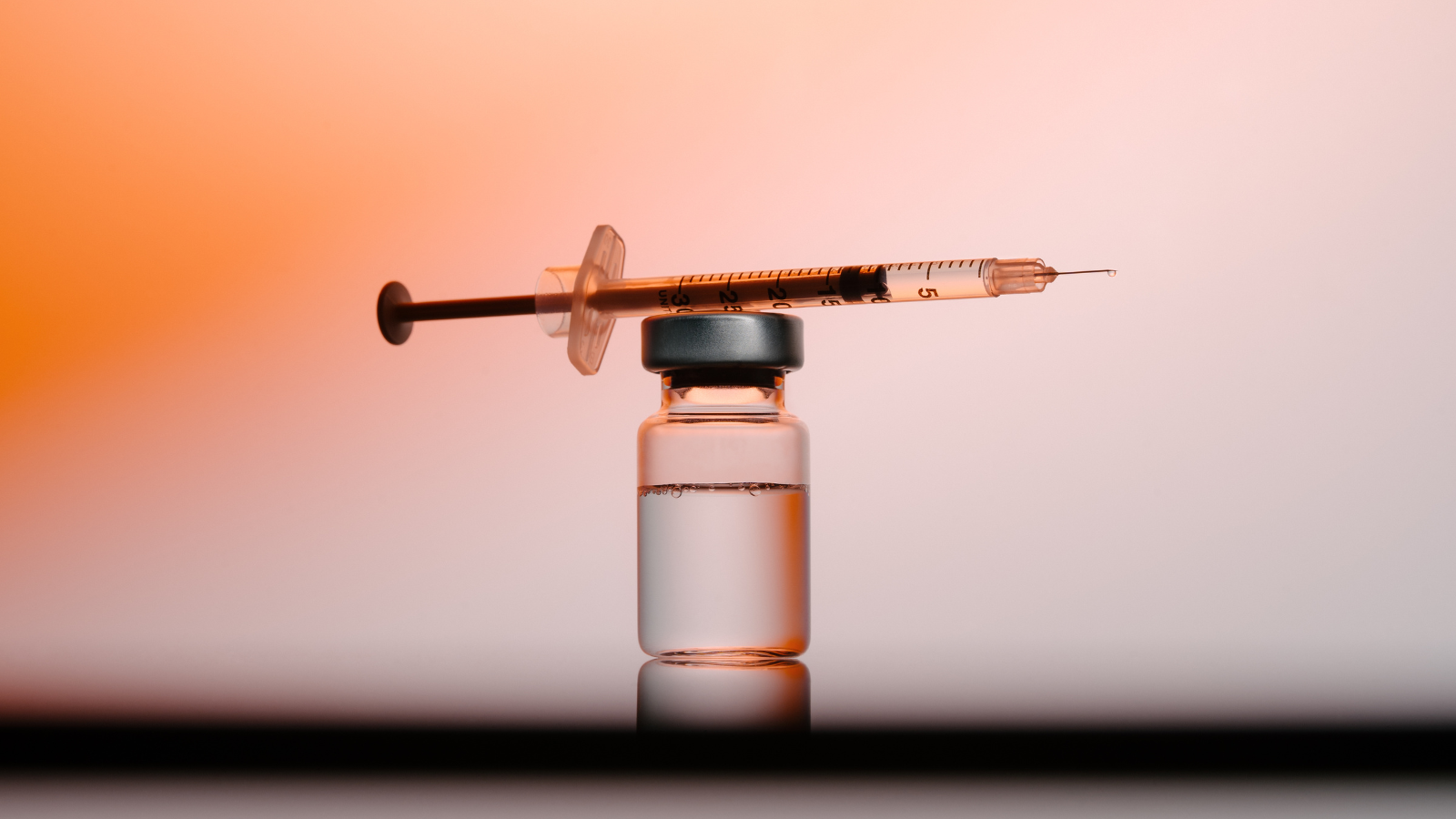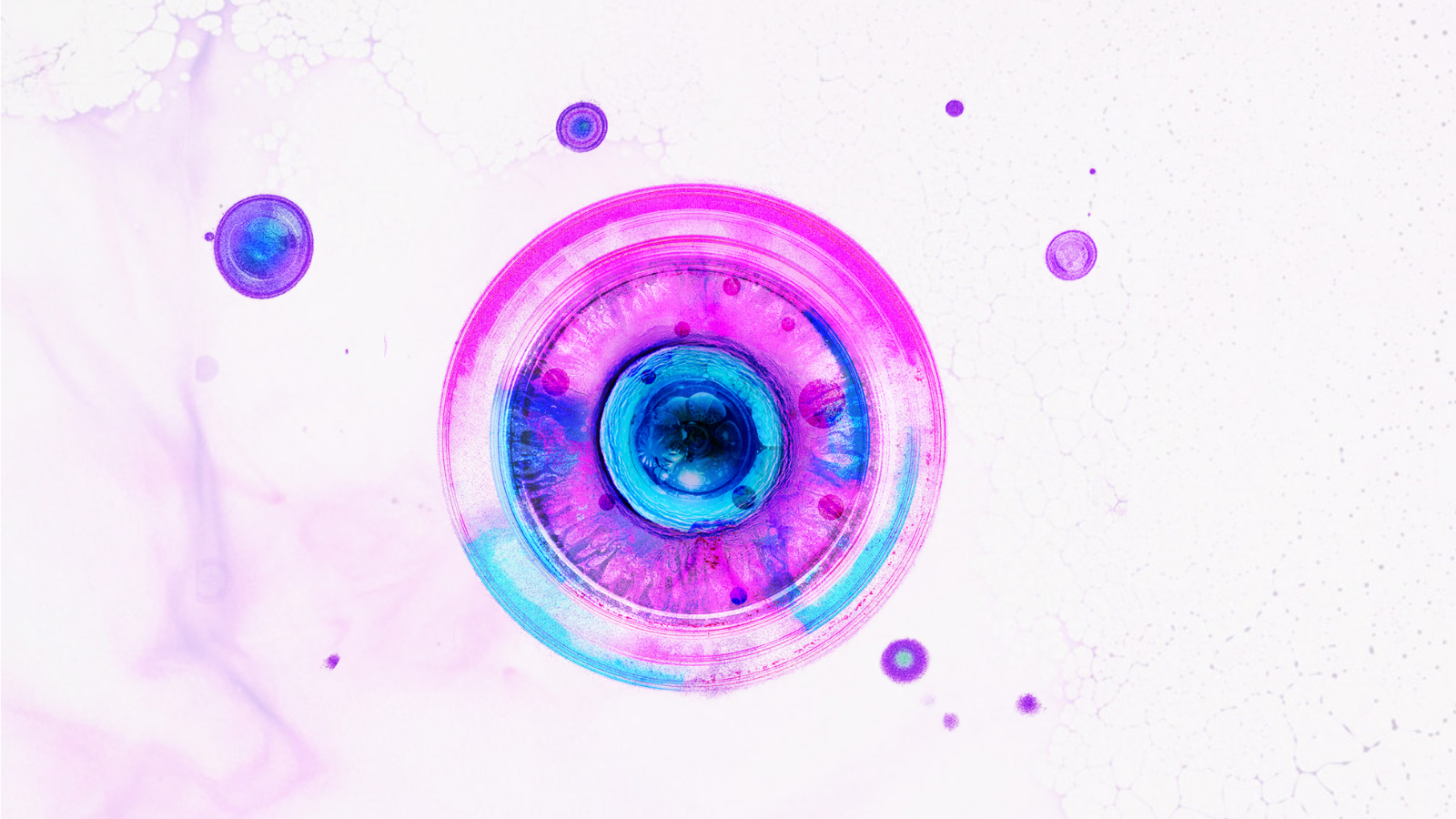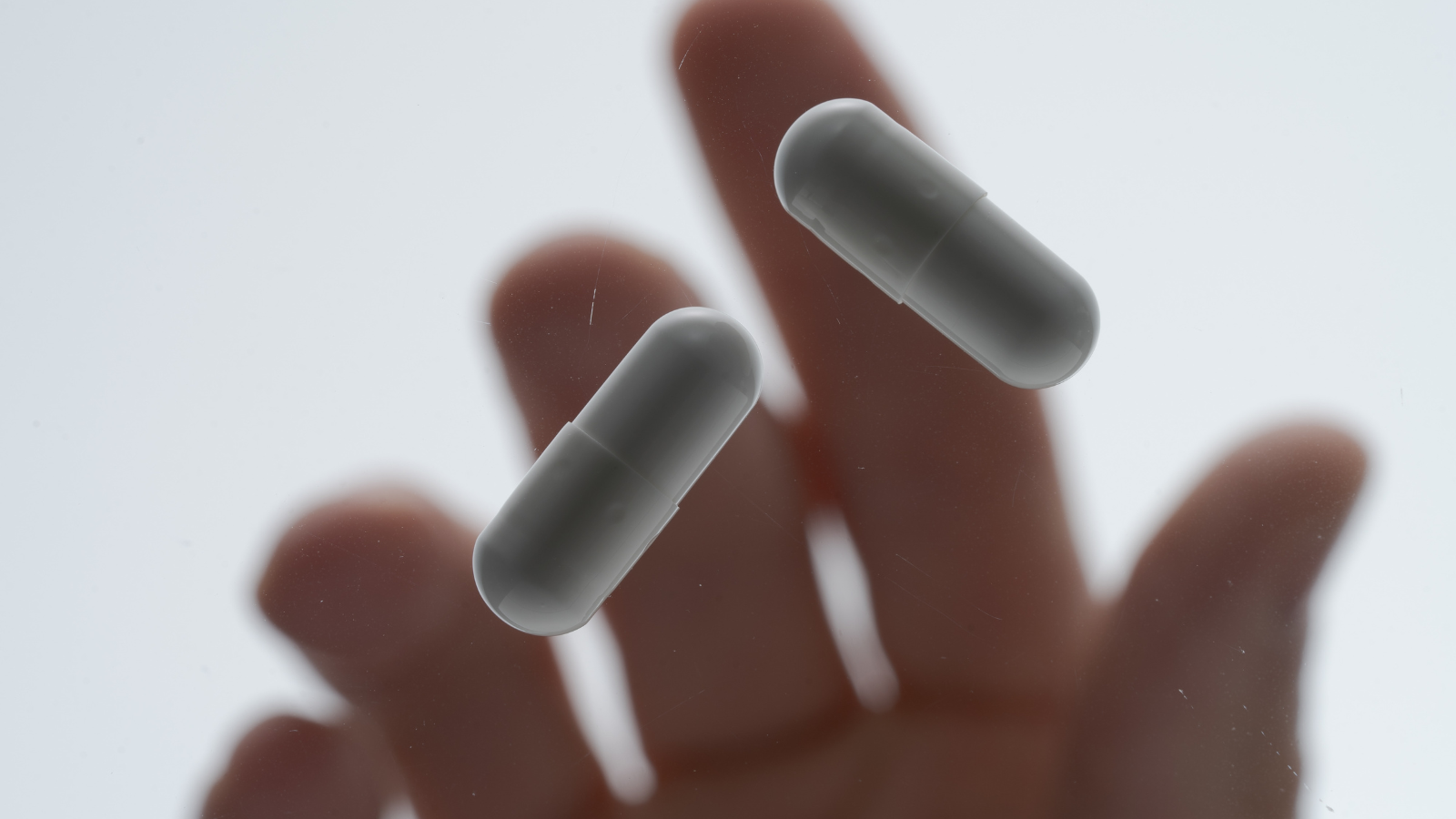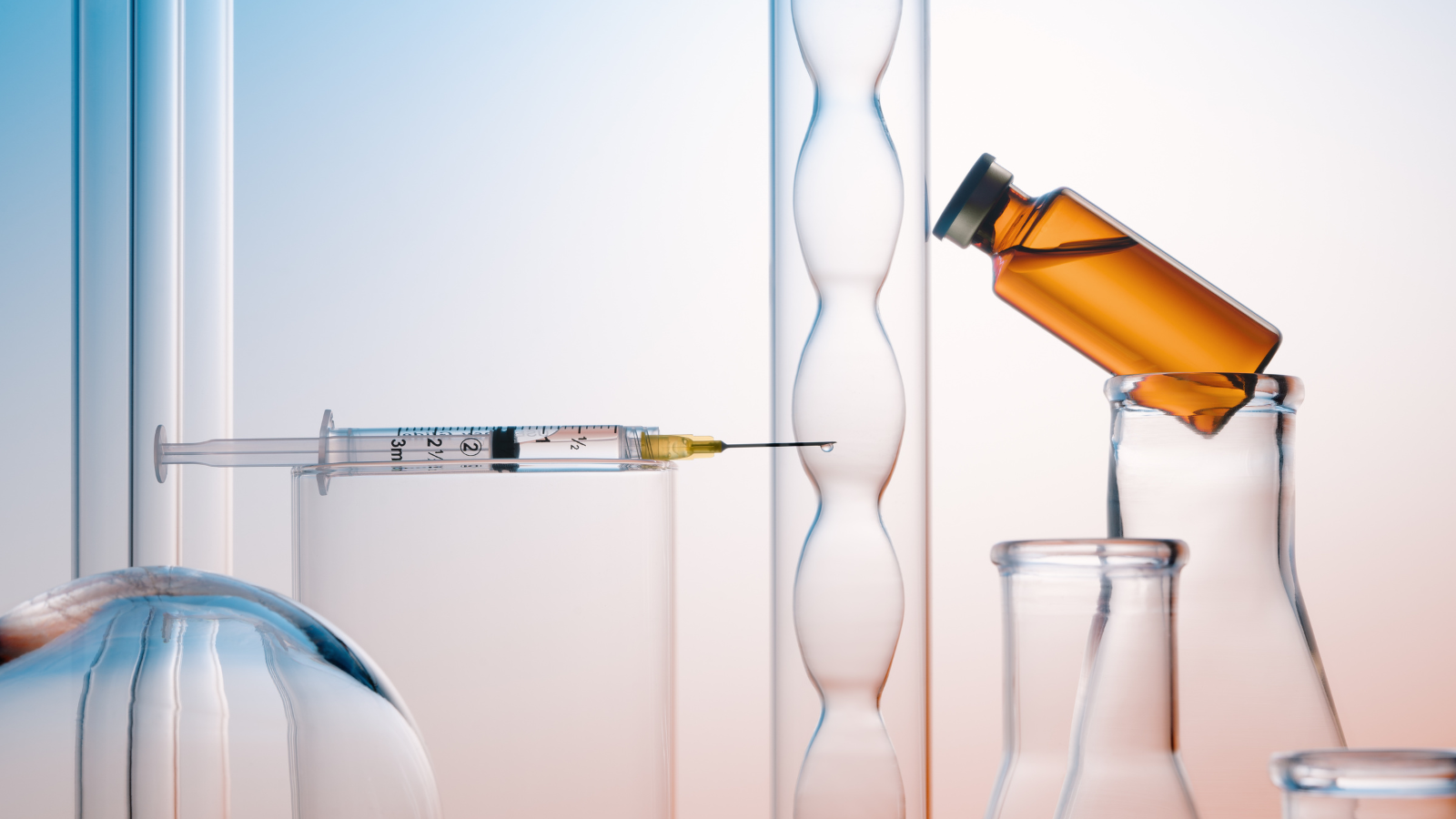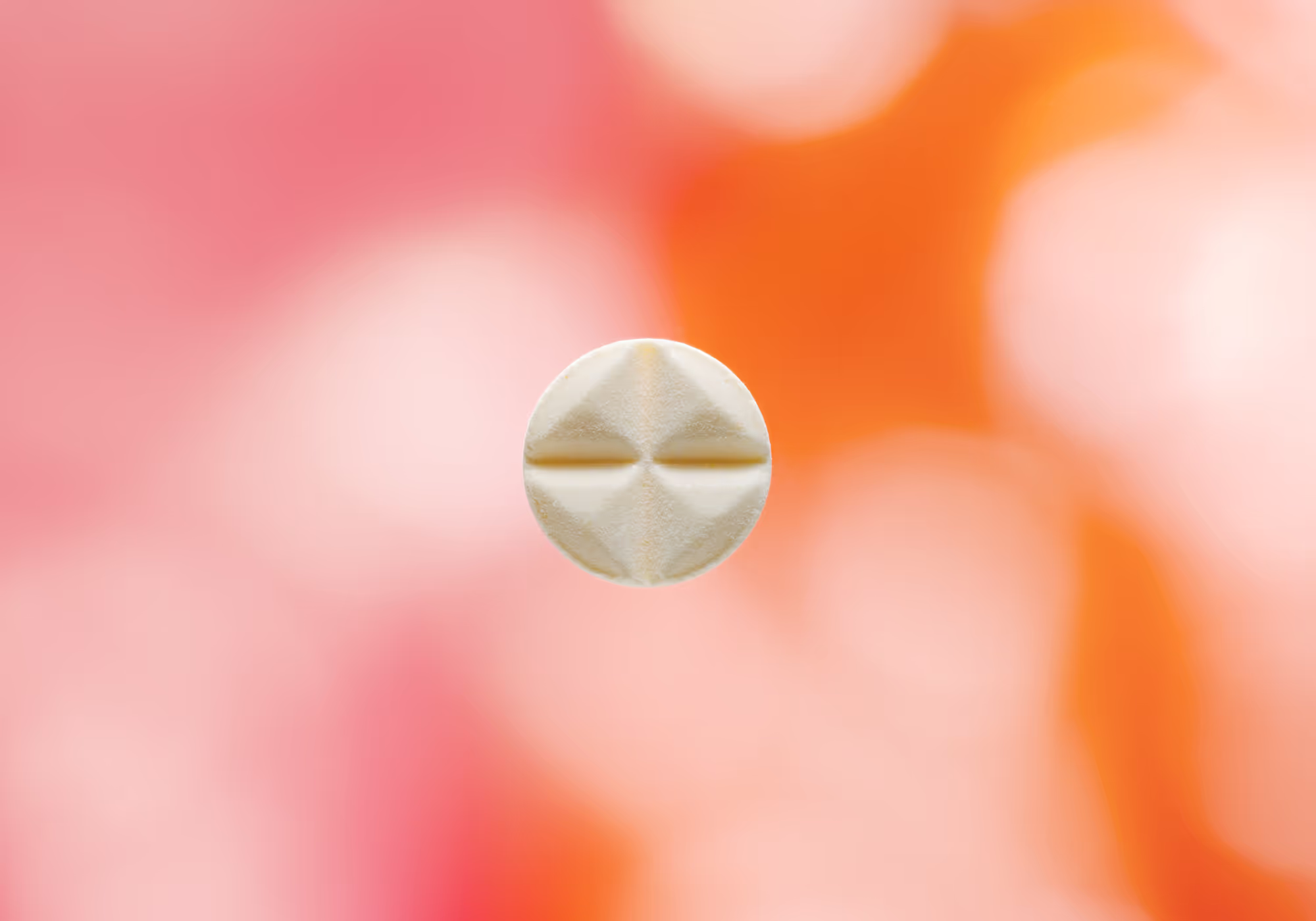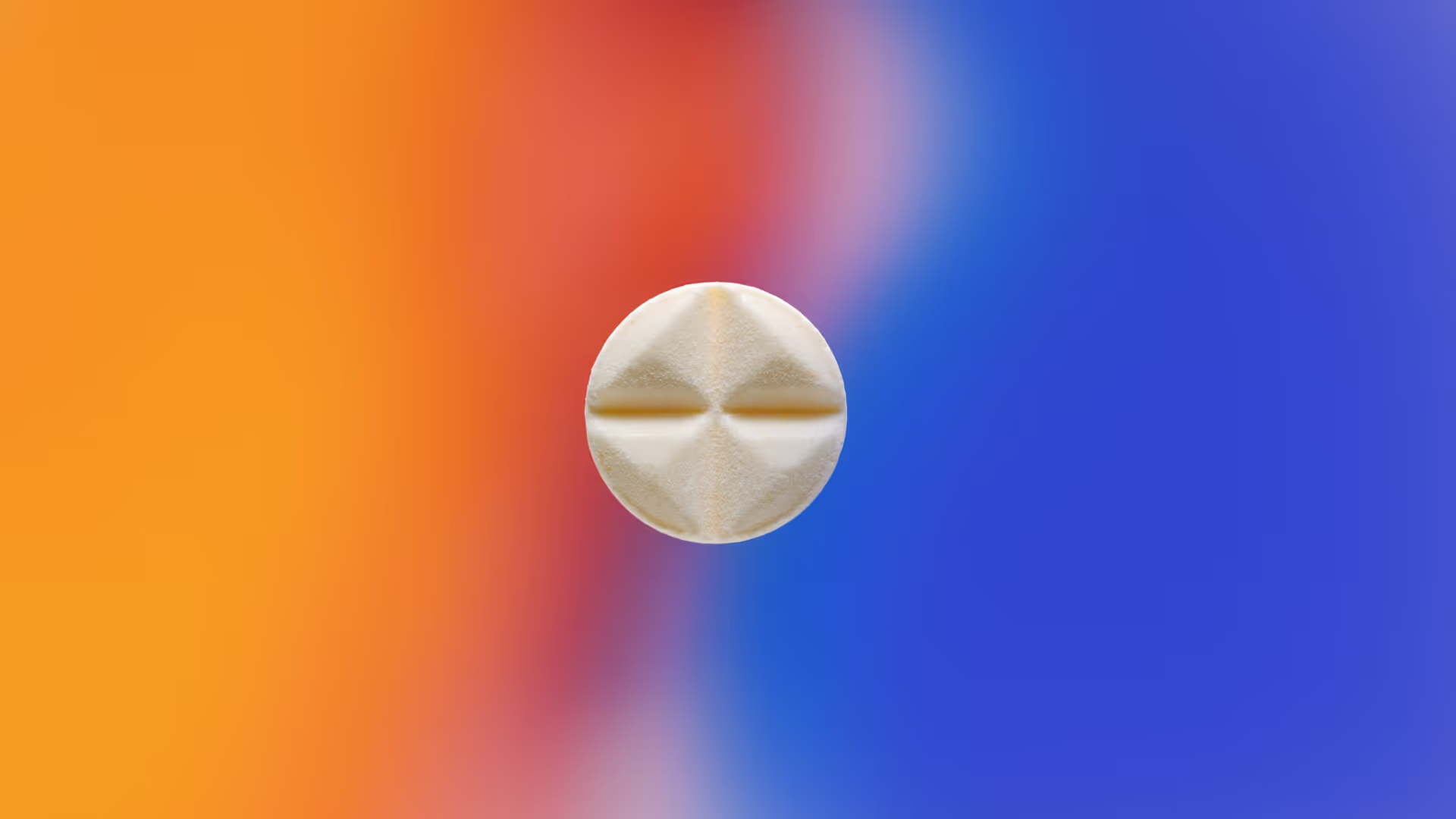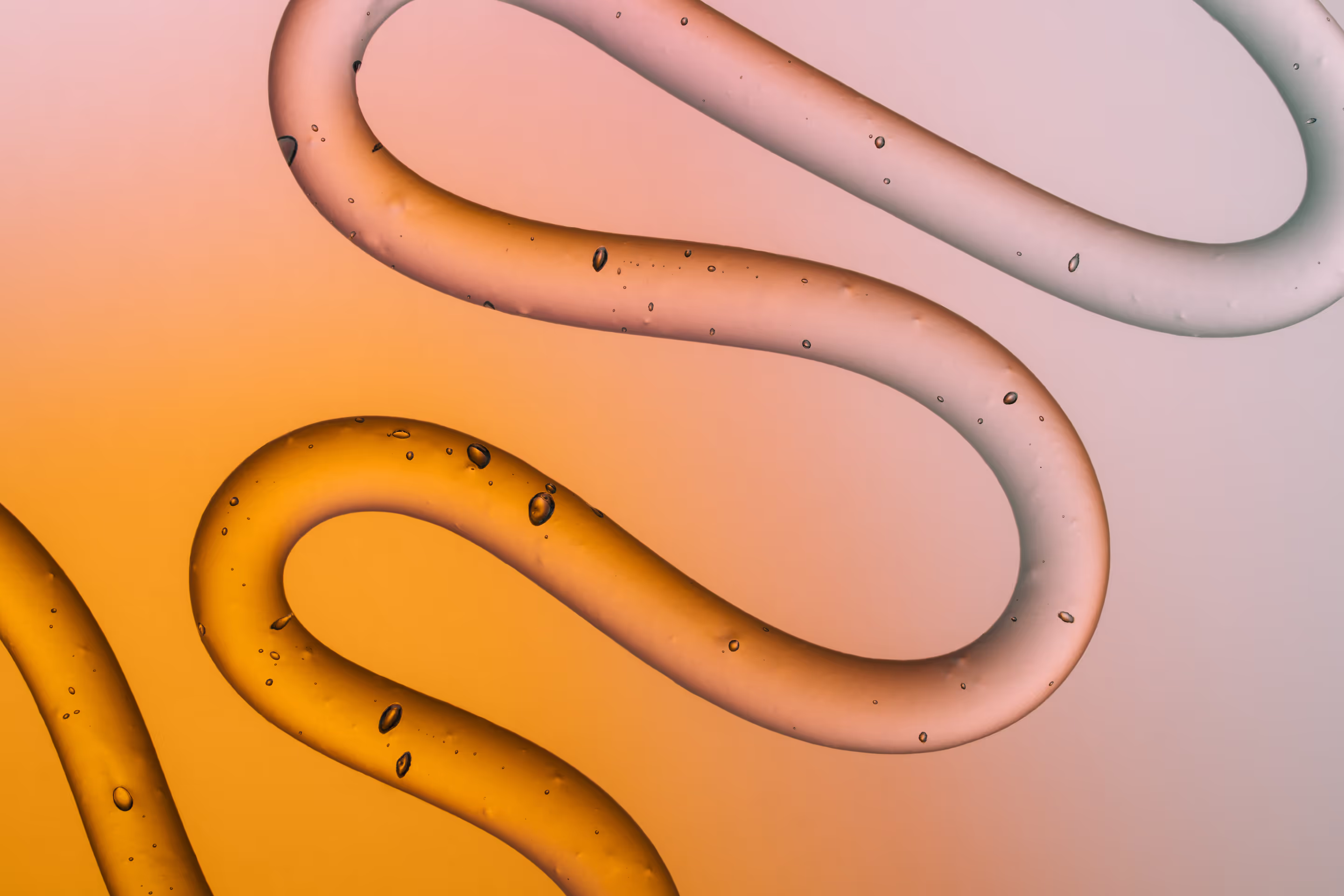Glutathione
Glutathione is a vital antioxidant found in nearly all human cells, essential for reducing oxidative stress and supporting immune function, liver detoxification, and inflammation control.
ACTIVE INGREDIENTS
L-Glutathione (Reduced)
The active, antioxidant form of glutathione—an amino acid-derived compound that helps protect cells from damage caused by free radicals and toxins.
HOW TO USE
Suggested Dose
Glutathione 200 mg/mL Injectable Solution
IM/SC: Inject 200 mg (1 mL) intramuscularly (IM) or subcutaneously (SC) one to two times weekly OR Inject 100mg (0.5 mL) IM or SC every other day.
IV: Infuse 500 mg in normal saline or sterile water weekly. Dose may be increased slowly and given up to twice weekly depending on condition and desired results.
- Consistent infusions may require additional cofactors to replenish nutrients depleted by glutathione.
- Glutathione is relatively unstable and therefore should be used immediately or refrigerated for later use to ensure maximal potency and efficiency.
DISCLAIMER
This compounded medication is only available when the commercially available product is unavailable or when a prescriber determines that there is a clinically significant difference for the patient.












